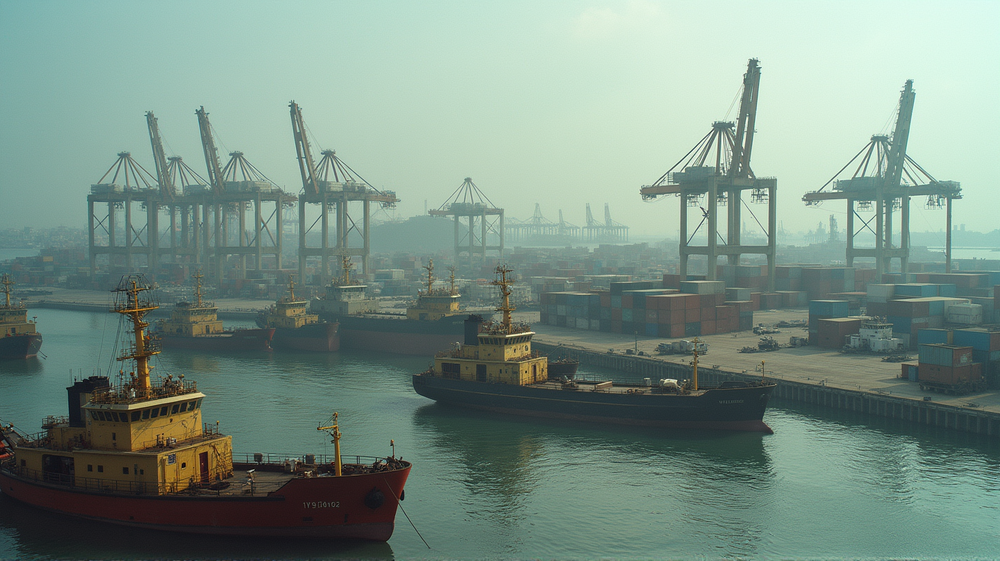Alarm Bells Ring Over Politically Driven Port Projects in Nigeria with Little Economic Justification
In a thought-provoking discussion at the Advocacy Times Port Industry Breakfast Meeting, esteemed maritime expert Ismail Aniemu has raised pivotal concerns regarding the surge of politically motivated seaport projects in Nigeria. According to TheNiche, Aniemu and fellow stakeholders spotlighted the troubling trend where states aspire to develop seaports without a thorough analysis of economic viability, thereby risking resource waste and infrastructure neglect.
The Illusion of Prestige Over Economic Practicality
The narrative emerging from the meeting paints a picture of states vying for prestige with their port projects, forsaking the essential economic evaluation required to justify such massive investments. Sadly, this mirrors a reminiscent pattern seen in Nigeria’s aviation sector, leading to airports serving as mere status symbols rather than viable economic hubs.
Legacy Ports: A Forgotten Backbone
Nigeria’s legacy ports—Apapa, Tin Can, Warri, among others—once the lifelines of the country’s maritime economy, now stand as shells of their former selves due to neglect. Aniemu criticized the oversight in maintaining and modernizing these vital infrastructures that still possess the potential for rejuvenation and economic contribution.
Lagos: A Proven Hub of Economic Triumph
While states persist in proposing seaports, Aniemu underscores Lagos’s strategic advantage, aligning with economic realities. As the nation’s commercial hub, Lagos boasts proximity to West African markets, highlighting why strengthening existing infrastructure in Lagos proves economically sound compared to spreading resources thinly across states.
Advocating for Economic-Driven Port Development
Tochukwu Nwabueze, representing the International Freight Forwarding Association of Nigeria, echoed the sentiment by lauding the Lekki project as a blueprint for economically driven port development. Efforts in Lagos like these showcase the success of strategic investments driven by geographic advantages and sound vision.
Rethinking Port Infrastructure Investments
With Nigeria’s maritime future at stake, the call to reassess and rehabilitate existing ports rather than commence symbolic projects is louder than ever. This requires transparency and economic justification in infrastructure planning to truly harness the country’s maritime potential. By capitalizing on legacy ports with automation and intermodal connectivity, Nigeria stands poised to regain its leadership in West and Central African logistics.
This discussion beckons Nigeria to align its port infrastructure projects with a sustainable economic path, focusing on practicality over political motives to secure a prosperous maritime future.




